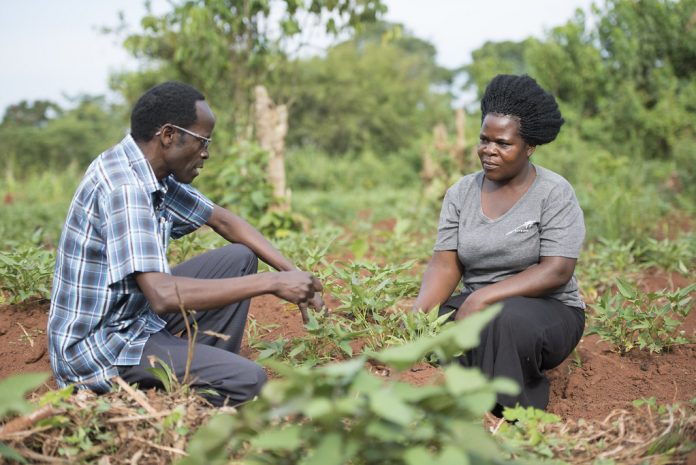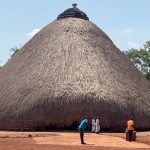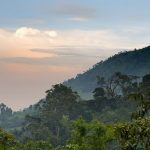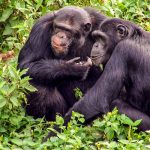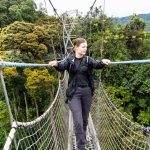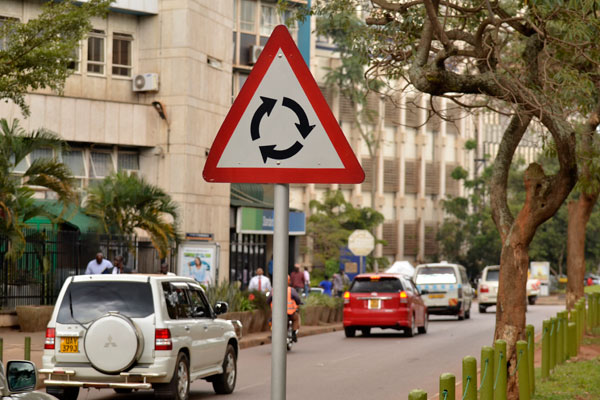Mwanga Robert was born in 1954 in a village called Budhabangula in Uganda. Robert and his ten siblings were raised on a 20-acre farm near Busota in Kamuli District where the family livelihood was derived from growing coffee and cotton as cash crops along with a variety of food crops, including sweet potato, maize, groundnuts, beans, sesame, ginger and various fruits and vegetables.
He attended Makerere University studying Botany, Zoology, and Geography on a government scholarship after which he graduated with honors in 1978. He was then hired as a root crop breeder at Kawanda Research Station.
download
Mwanga was able to obtain his Plant Breeding and Genetics Ph.D. at North Carolina State University (1996- 2001), with a grant from the McKnight Foundation. One of the main objectives of his graduate research was to breed for increased beta-carotene in sweet potato plants. In 2008, he became the International Potato Center’s lead OFSP breeder for East Africa, and by 2014, more than 30 percent of the farmers in Uganda were growing the OFSP varieties that he developed.
download (1)
From 1986 to 1990, he established and implemented the Roots and Tuber Crops Program at the Namulonge research facility in Uganda, receiving support from USAID. Eventually, sweet potato breeders and technicians from 10 Sub-Sarahan African countries came to his program for training to improve their breeding skills. His efforts in expanding and strengthening the work at the Namulonge facility made it the sweet potato breeding model for other countries in the region.
Robert Mwanga made sweet potato research a priority in Uganda starting in the mid-1980s, which resulted in the white sweet potato (with low or no Vitamin A content) largely being replaced by Vitamin A-rich OFSP in the diets of the rural poor. His breeding research, mentoring of scientists, and capacity-building resulted in the dissemination of new high-yielding, pest- and disease-resistant OFSP varieties in Uganda and throughout East and Central Africa and his fight against food insecurity and malnutrition in Uganda has finally paid off.
Together with Dr. Maria Andrade, Dr. Jan Low, the the orange-fleshed sweet potato was created. Through this and more biofortified crops, a potential of improving and enhancing the nutrition and health of several hundred million for many years is possible.
download (2)
The team will share the $250,000 prize equally and it will be awarded at a ceremony during World Food Prize week in Des Moines, Iowa, in October, when the prize will celebrate its 30th anniversary.
A breakthrough achievement in developing and implementing biofortification.– Kenneth M. Quinn, President of the World Food Prize Foundation.
Congratulations Dr. Robert Mwanga, congratulations to the team.
Ps. Article written with refference to The World Food Prize.

